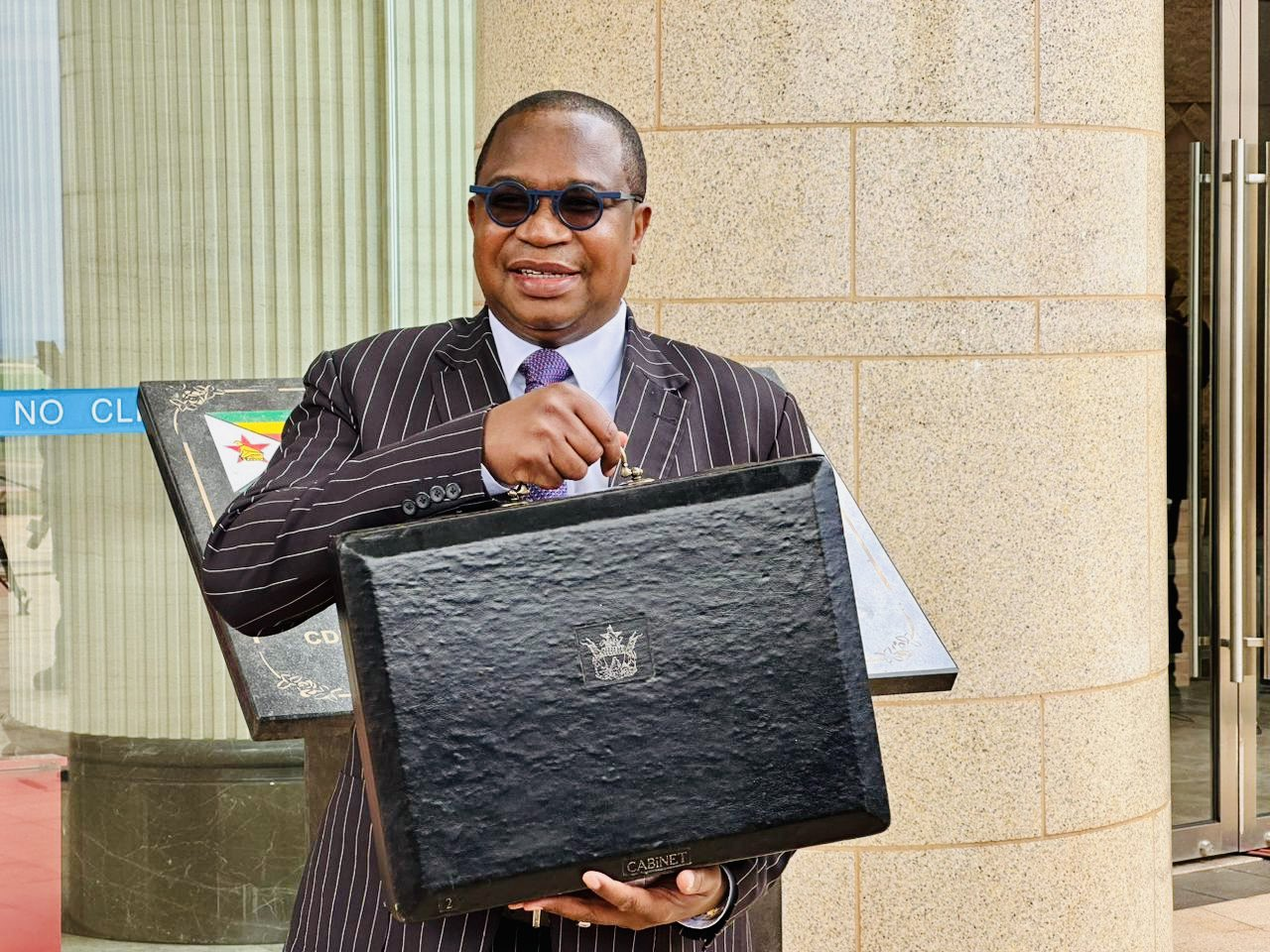
THE government has admitted that companies in Zimbabwe make more money on the wrong side of the law than when complying with it, exposing a regulatory system that punishes honesty and rewards evasion — even as it vows to aggressively expand the tax base.
Last week’s official announcement by the Zimbabwe National Statistics Agency that the informal sector has grown by 16,1 percentage points to 76,1% shows that the formal space is fast shrinking.
The staggering jump in informalisation is a clear acceleration of economic distress as more businesses flee the formal sector under the weight of taxes, red tape and policy uncertainty.
Going into 2025 Mid-Term Budget Review presented yesterday, most businesses, business membership organisations and economists called for relief to growing regulation and over taxation.
While presenting the review in Parliament, Finance, Economic Development and Investment Promotion minister Mthuli Ncube in off-the-cuff remarks confirmed that more money was being made outside compliance.
“During the second half of the year, government will be seized with the implementation of business reforms, targeting the reduction of fees and charges as well as regulatory requirements and the number of steps in acquiring licences for example,” Ncube said.
“This will significantly reduce the operating costs for industry to enable it to compete both domestically and internationally.
“We have a situation where in some sectors, players or private players are only profitable if they don’t comply with regulatory requirements.
- Mavhunga puts DeMbare into Chibuku quarterfinals
- Bulls to charge into Zimbabwe gold stocks
- Ndiraya concerned as goals dry up
- Letters: How solar power is transforming African farms
Keep Reading
“If they comply, they make losses and that situation needs to be changed. We will lower the cost of doing business.”
As part of these efforts, Ncube announced that the government will be reviewing regulatory fees and charges, bureaucratic steps and compliance sector by sector starting with agriculture.
He said the agricultural sector would be the first to be reviewed starting in a week or two.
According to the central bank, the informal sector, which is largely unregulated, at an informalisation level of 60%, generated US$14,2 billion in annual revenue competing with the formal sector.
The key complaints raised by the business community include multiple taxes, over taxation and additional tax assessments.
Research by local fact-checking body, ZimFact, back in March, revealed that taxes in Zimbabwe are close to 50.
These are based on an analysis of the local tax legislation such as the Finance Act, Income Tax Act, Customs and Excise Act, Capital Gains Tax Act, Value-Added Tax Act, Stamp Duties Act and Revenue Authority Act.
However, Ncube announced that the government would expand the tax base, at a time when expenditure continues to rise.
During the half year, expenditures were ZiG98 billion (US$3,7 billion) against a target of ZiG127,5 billion (US$3,5 billion).
“Proposed tax-related interventions will be critical in funding key developmental programmes, notably development plans outlined in NDS 2 [National Development Strategy 2], supporting the ZiG currency regime and responding to taxpayers’ concerns in an evolving economic landscape,” Ncube said.
“Specific interventions will, therefore, target the following: Expanding the tax base to fully incorporate emerging sectors while also implementing measures to support formalisation of economic activities through digital and financial inclusion of SMEs [small and medium enterprises]; tax administration reforms focused on digitalisation and data integration, compliance and strengthened enforcement measures in collaboration with relevant stakeholders and government agencies;
“And legislative and regulatory reforms in order to reduce the cost of compliance, while also tightening loopholes that have been exploited through tax avoidance practices.”
Trying to expand the tax base without reform could lead to greater tax evasion, business closures or deepening of informality, making it even harder to meet gross domestic product targets.
“In recognition of the concerns raised by taxpayers, business representative organisations such as the Chamber of Mines of Zimbabwe, Confederation of Zimbabwe Industries and Zimbabwe National Chamber of Commerce, government will continue to review the existing tax system with a view of reducing reported and observed distortions, grant the necessary supportive regime for business growth and competitiveness within and on the regional and international market, investment and compliance to tax legislation critical for a sustainable domestic resource mobilisation framework,” Ncube said.
“This process will benefit from ongoing consultations across the country with individuals and representatives of business and consumers.
“For the medium term, government is pursuing a medium-term revenue strategy that clearly defines the growth trajectory for the revenue to GDP ratio and specific strategies to achieve the desired outcome.”
He said the objective was to secure domestic resources that were generated in a socially and economically sustainable manner and were capable of supporting and sustaining the country’s development aspirations.
“Within this context, the goal is to attain a revenue target within the median band of between 22% and 25% of GDP for middle-income countries by 2030,” Ncube said.
For now, businesses seeking relief will have to wait a bit longer.
Commenting on Ncube’s statement about compliance, economist Chenayimoyo Mutambasere said: “They are saying it’s expensive to do business in Zimbabwe, the compliance routes are too expensive.”










